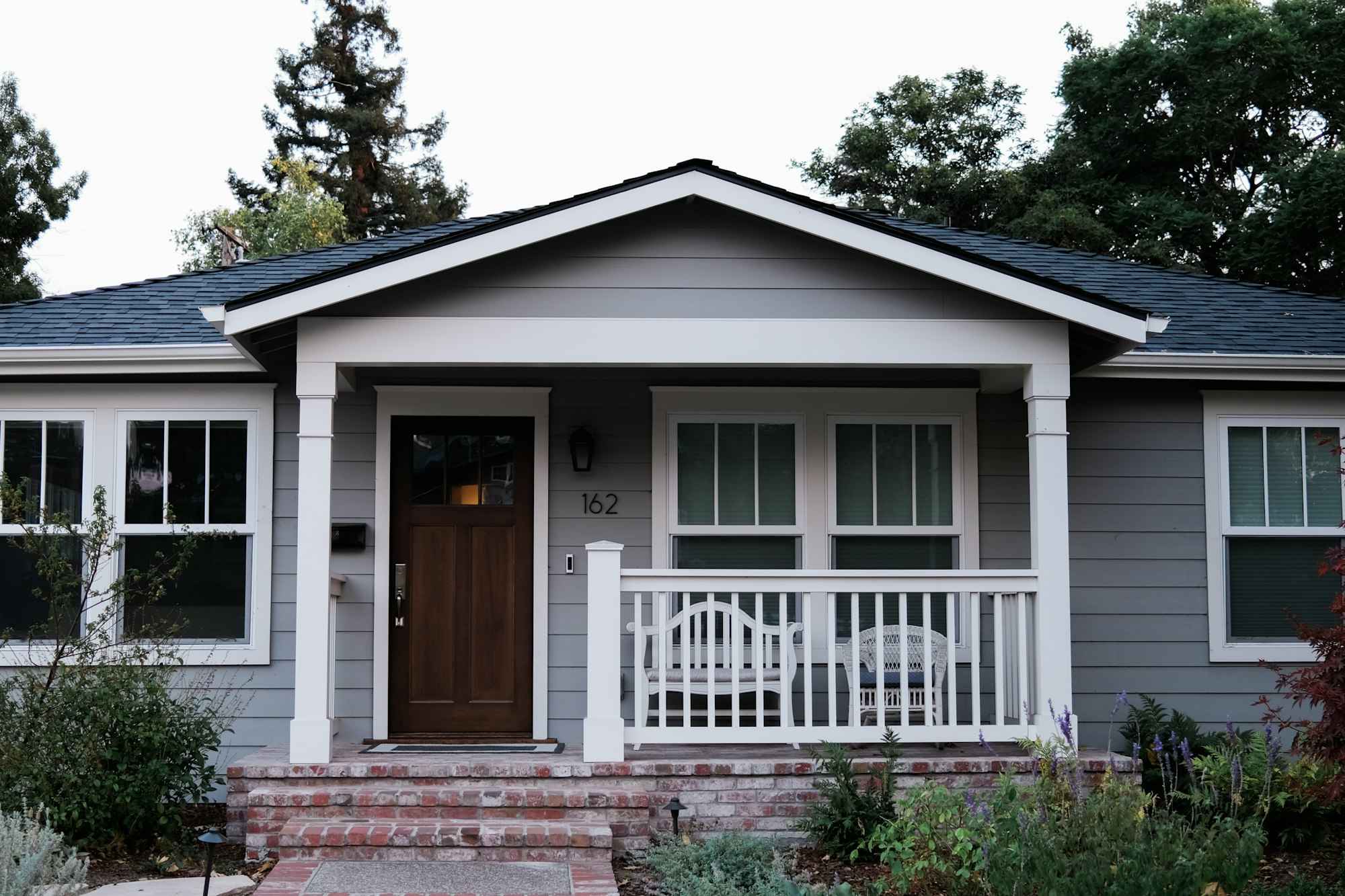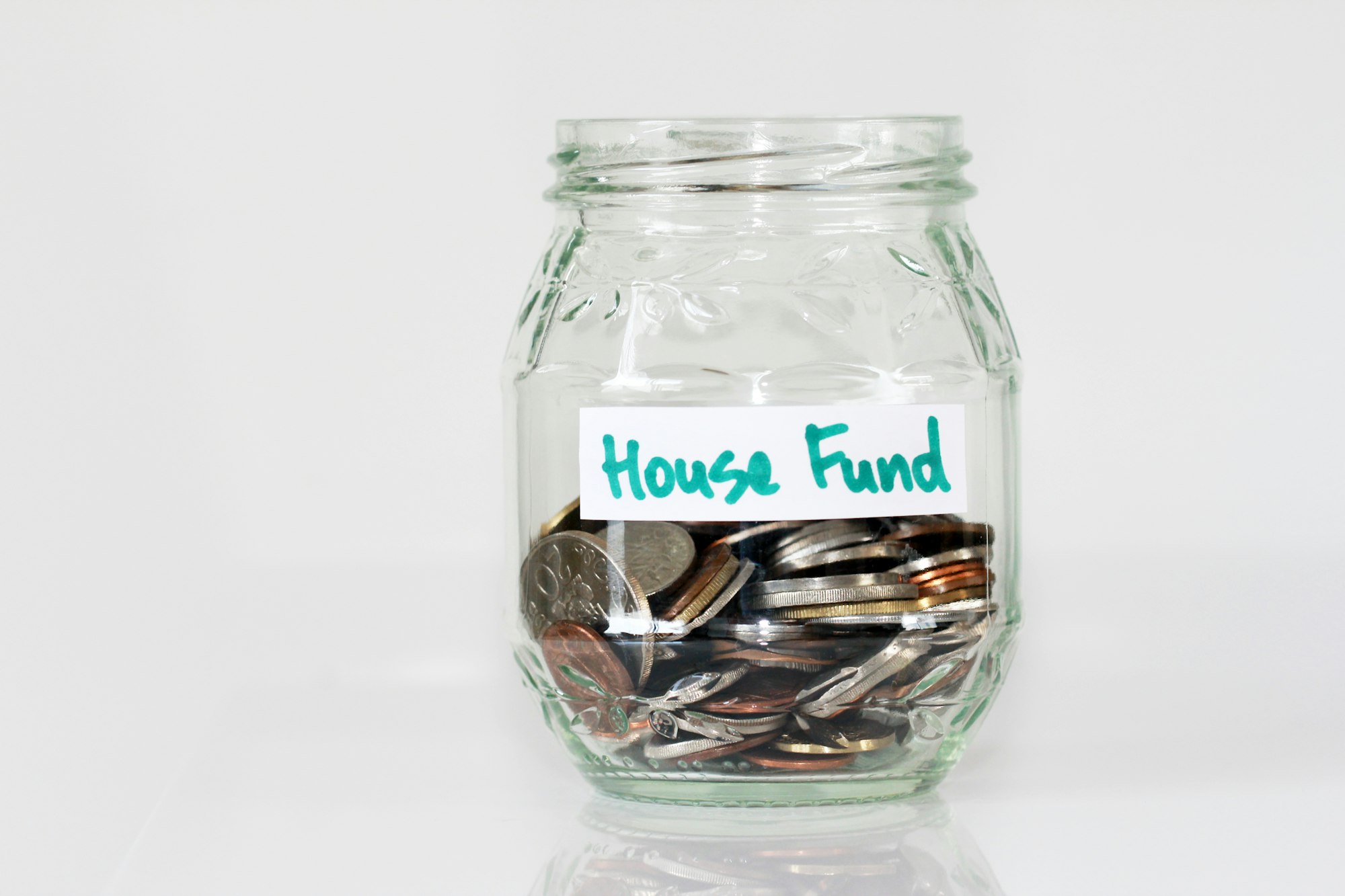
5 Things to Know About Homeowner's Insurance
Is the policy bundled into your mortgage? What costs are actually covered? These are important questions that buyers should ask about homeowner's insurance.
If you’re purchasing a home, you should be thinking about how you will protect your investment. Homeowner's insurance policies give owners insurance coverage in case a loss occurs from theft, damage, or disaster.
Buyers who are purchasing their homes with a mortgage payment will likely be required to maintain current homeowner's insurance policies for their properties. However, all buyers should seek insurance policies that cover their assets and safeguard their property in case the unexpected occurs.
Five Things Buyers Need to Know About Homeowner's Insurance
Whether this is your first time buying a home or you’re a repeat buyer, it’s always a good idea to review important things to know about homeowner's insurance.
Here are five homeowner's insurance policy considerations that buyers should keep in mind to help them obtain the best possible coverage for their new homes.
#1. Homeowner's Insurance is Not Always Bundled Into Your Mortgage
When you research mortgage loans online, you’ll learn that the typical loan is composed of multiple expenses bundled into one convenient payment. Mortgage loans include the principal, interest, insurance, and taxes.
However, the insurance referred to within the mortgage space is not homeowner's insurance. It is mortgage insurance, called a PMI, or private mortgage insurance — which insures your loan in case you default on payments.
Buyers should understand that homeowner's insurance is an additional policy to protect their physical property and belongings. While it is not always included, it is possible to bundle the homeowner's insurance policy into a mortgage loan. In many cases, lenders prefer this as it confirms that their investment is protected against loss and damages.
Speak to your mortgage provider about including your homeowner's insurance policy within your loan. Not only can this streamline your payments, but it may also be a point of negotiation to access preferable loan terms.
If you do decide to bundle your homeowner's insurance, you’ll likely be required to pay one full year’s worth of insurance at the closing meeting.
#2. Know What Your Homeowner's Insurance Policy Covers
Homeowner's insurance policies are typically customizable based on your needs. When you take out your policy, you’ll be able to add more coverage based on your circumstances.
However, it’s critical that buyers understand exactly what is being covered by their homeowner's insurance policy to best protect their assets.
Generally, homeowner's insurance policies cover:
- Damage to the interior and exterior of your home from loss caused by fire, hurricanes, vandalism, lightning, and other covered disasters.
- Damage to belongings, including clothing, furniture, and appliances.
- Home or hotel rentals while your house is being repaired or rebuilt
#3. Understand the Difference Between Actual Cash Value, Replacement Costs, and Guaranteed Replacement Costs

When an incident occurs, the type of coverage you have will determine how the insurance company reimburses your loss.
Buyers should be aware of the three types of coverage — actual cash value, replacement costs, and guaranteed replacement costs.
Actual Cash Value: Provides coverage for the costs of the homes and belongings after calculating depreciation, or the current market value of the items.
Replacement Cost: Covers the actual cash value of the property and belongings according to the originally paid value, without calculating depreciation.
Guaranteed Replacement Cost: Covers the repair and replacement costs required to recoup the losses even if it totals more than your policy’s limit. Since different companies handle guaranteed replacement cost packages differently, speak to your insurance provider about the details.
#4. Will You Need Additional Coverage?
While homeowner's insurance does provide ample coverage for your home and belongings, it may be necessary to obtain additional coverage based on your specific circumstances.
For example, if you live in an area that is prone to natural disasters, you may want to take out policies for those situations. Homes in flood-prone areas may require flood insurance as well as emergency coverage for the property’s sewers and drains.
Keep in mind that damage caused by floods, earthquakes, and lack of maintenance are usually not included in homeowner's insurance policies unless specifically added. Structures on your property, such as freestanding garages and sheds, also need to be insured separately.
Special items kept in the home, such as luxury goods, clothing, collectible art, and antiques, should be insured separately. This will help guarantee that you maintain full coverage so you can get reimbursed for damages in case an incident occurs.
Homeowner's can also take out insurance policies that protect against identity theft. To determine what coverage you need for a custom insurance package for your household, speak to your insurer.
#5. Always Compare Insurance Providers
When shopping for your homeowner's insurance policy, always compare multiple options.
Comparing the offers given to you by various insurance companies will help you find the most affordable option that offers you the broadest scale of protection.
Get in contact with at least four companies before you decide to purchase a policy. Reference consumer reviews, pricing, and coverage packages to help you make an informed decision.
For more helpful real estate tips and insights, review more articles on the RealEstateAgents.com Blog.





